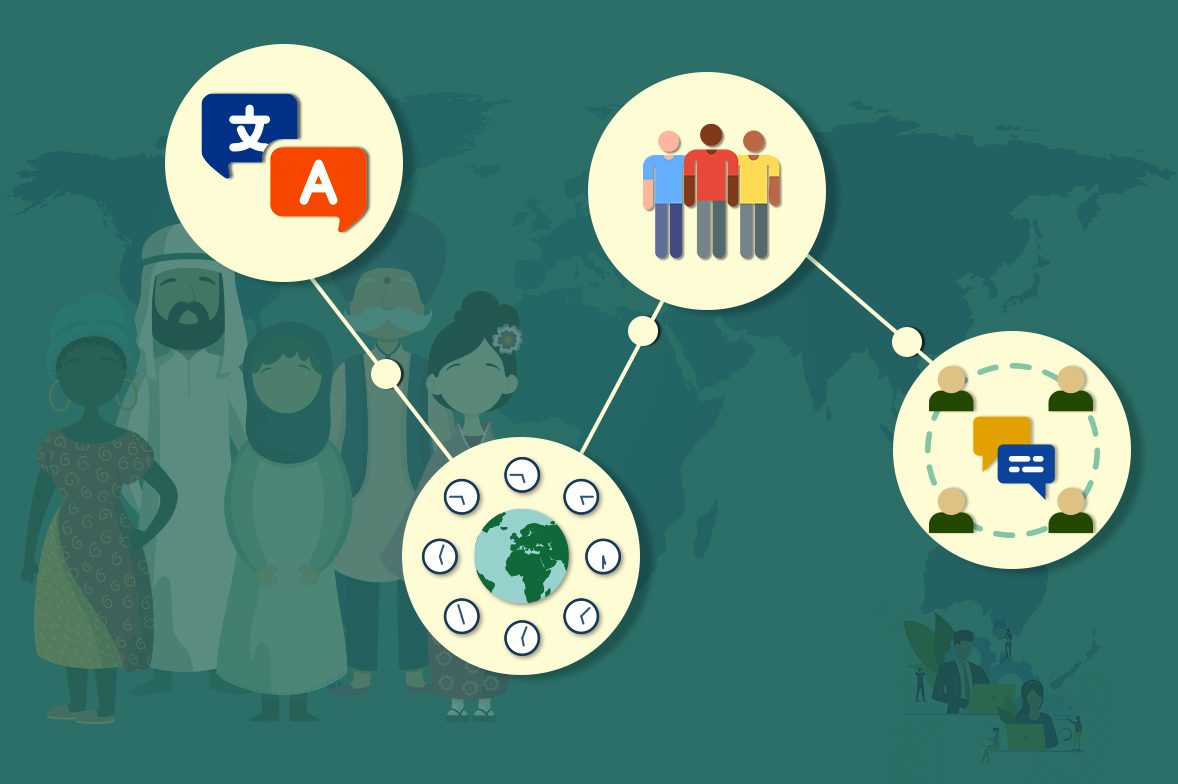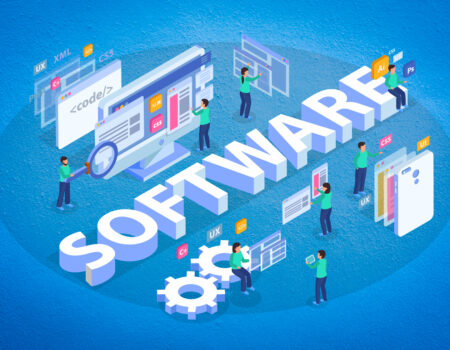Cultural Barriers to Offshore Outsourcing & How to Avoid Them

Language Barrier
Language is the most obvious cultural barrier. It is essential to ensure that everyone involved in the project can communicate effectively in the same language. When outsourcing to a country where the language is not the same as the client’s or the company’s native language, it can lead to misunderstandings and delays. To avoid language barriers, it is crucial to ensure that everyone involved in the project speaks the same language or has access to translation services. Additionally, it is essential to provide clear and concise documentation that is easy to understand.
Communication Barrier
Communication is key to the success of any outsourcing project. However, different cultures have different communication styles. For example, some cultures are direct and to the point, while others are more indirect and use a lot of context. This can lead to misunderstandings and confusion. To overcome communication barriers, it is essential to establish clear communication channels and protocols. This includes setting up regular meetings, using project management tools, and establishing communication guidelines. Additionally, it is important to ensure that all team members understand the communication style of each other and are willing to adapt to each other’s styles.
Time Zone Barrier
Time zones can be a significant barrier when outsourcing to different countries. The time difference can lead to delays in communication and decision-making. For example, if the outsourcing team is working while the client is sleeping, there may be delays in resolving issues or making decisions. To overcome time zone barriers, it is essential to establish a clear schedule that takes into account the time zones of all team members. This includes scheduling regular meetings at times that are convenient for everyone involved. Additionally, it is important to establish clear guidelines on response times and availability.
Cultural Differences Barrier
Cultural differences can be the most significant barrier to offshore outsourcing. Different cultures have different values, norms, and expectations. For example, in some cultures, it is essential to establish a personal relationship before doing business. In other cultures, business is conducted solely on a professional level. To overcome cultural differences barriers, it is essential to do some research on the culture of the outsourcing team. This includes understanding their values, beliefs, and expectations. Additionally, it is important to establish a relationship with the outsourcing team, even if it is purely professional.
Legal and Regulatory Barrier
Legal and regulatory differences can also be a significant barrier to offshore outsourcing. Different countries have different laws and regulations, which can impact the project’s success. For example, there may be differences in data protection laws, intellectual property rights, or labor laws. To overcome legal and regulatory barriers, it is essential to work with legal experts who are familiar with the laws and regulations of the outsourcing team’s country. Additionally, it is important to establish clear contractual agreements that outline the legal responsibilities of both parties.
Conclusion
Offshore outsourcing can provide many benefits, including cost savings, access to specialized skills, and increased efficiency. However, it is not without its challenges, especially when it comes to cultural barriers. To overcome these barriers, it is essential to establish clear communication channels, adapt to different communication styles, establish a clear schedule, understand cultural differences, and work with legal experts. By taking these steps, businesses can ensure the success of their outsourcing projects and build long-lasting relationships with their outsourcing teams.
Our Recent Posts

March 10, 2023
How Whatsapp Utilizes Outsourcing for its Operations?
In today’s fast-paced business world, companies of all sizes are...

February 27, 2023
The Future of Customer Service: ChatGPT and AI Chatbots
The rise of AI chatbots has been a game changer...

February 15, 2023
Why Do Companies Outsource Software Development?
Software development has become a critical aspect of modern business...
